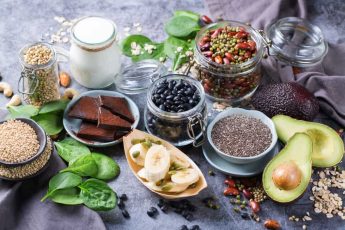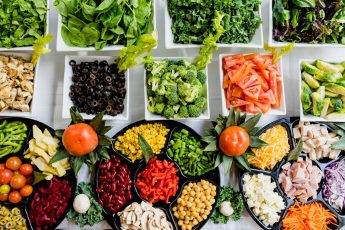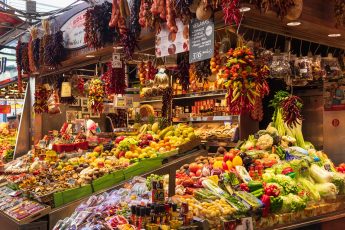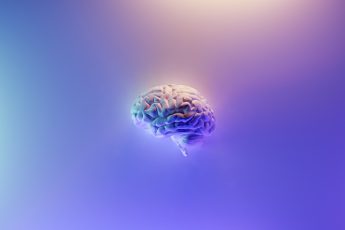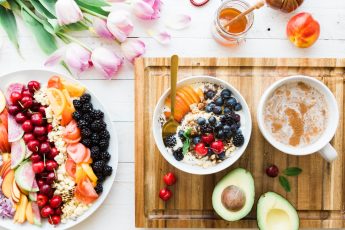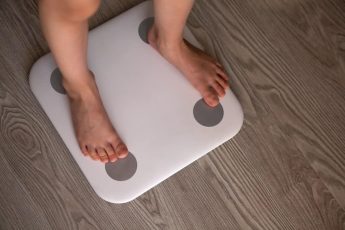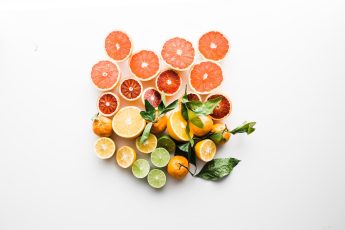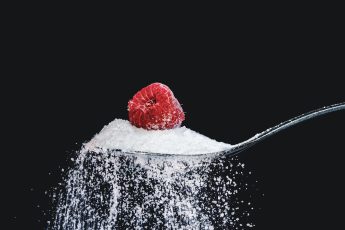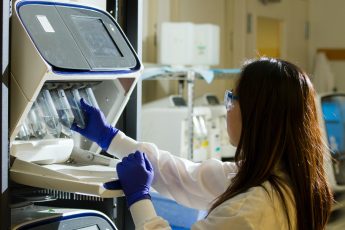Myths and facts about the gut
About 70% of our immune cells are in the gut. However, people often neglect it: poor nutrition and lack of exercise often cause problems for our gut.
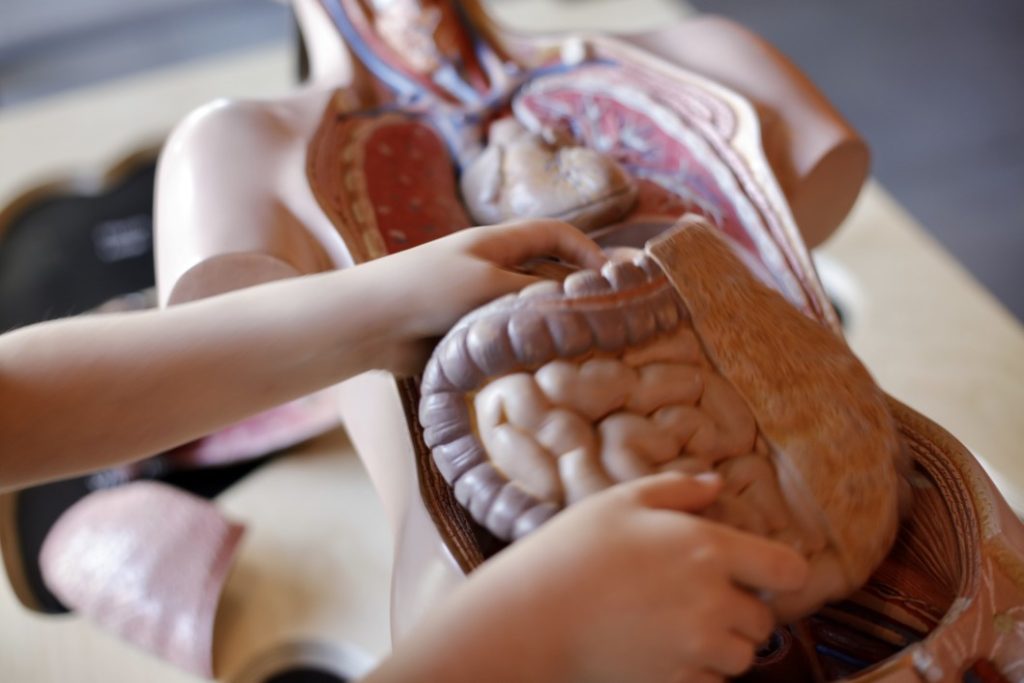
In addition, many gut-related myths lead to unhealthy behaviours. For example, during starvation, they talk about the excretion of “waste products” that accumulate in the colon and attribute constipation to the appearance of haemorrhoids. It turns out that a person seems to be trying to take care of his body but, supplied with this kind of misinformation, only harms himself. It doesn’t take much time to provide full support to the intestines – you need to know how to do it correctly.
Myth 1. Cleanse your gut regularly
And this statement is not valid! There is no “slag” that collects in the gut, and you don’t need to remove it. Nevertheless, occasional fasting can help restore balance to the intestines. Especially in the case of diarrhoea, it is helpful to let the intestines rest for a few days to recover and build up their intestinal flora.
Myth 2: Probiotics support intestinal microflora
That’s right! There is a distinction between natural probiotics in sauerkraut or fermented dairy products and synthetic probiotics, such as certain probiotic yoghurts mixed with particularly resistant lactic acid bacteria. However, yoghurt products are not “miracle cures,” as the ads often promise.
Myth 3: The bacteria in probiotics live longer
That’s right! Primarily probiotic foods contain lactic acid bacteria resistant to acid, so significantly more of them survive and reach the gut. However, to have an effect beyond sauerkraut and plain yoghurt, you must consume them daily.
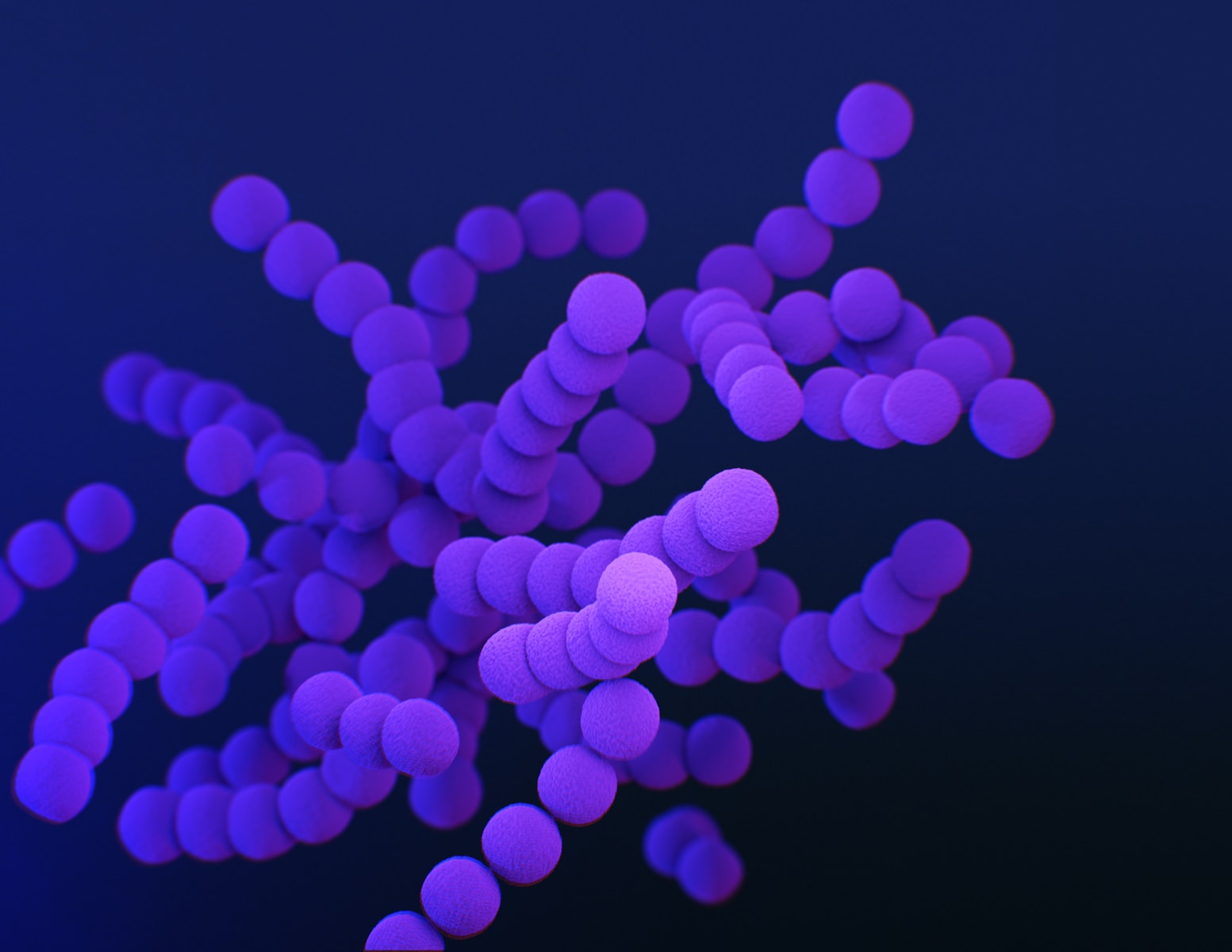
Myth 4: Antibiotics affect the intestinal flora
Antibiotics promote the growth of Candida fungi (yeasts) in the intestine, but the effect is temporary. If diarrhoea occurs, taking probiotics can reduce the side effects of the antibiotic. Therefore, antibiotics should be prescribed by a doctor only if strictly indicated.
Myth 5: Coke and salt help with diarrhea
Not true! It will worsen diarrhoea. It is better to fast for a few days and give your body electrolyte drinks (water combined with a bit of salt and sugar) to balance the mineral balance.
Myth 6: Stress can cause diarrhea
That’s right! A stressful life affects how you feel and can affect illness. So diarrhoea is not uncommon during stress. However, stress is not the only thing that causes diseases and complaints such as stomach ulcers, irritable bowel syndrome, or diarrhoea. Conversely, gut problems can have a direct impact on the psyche. The gut produces 95% of the good mood hormone serotonin and other hormones. Take time to eat and go to the bathroom.
Myth 7: Breastfeeding affects the baby’s gut flora in the future
That’s right! There are up to 50 different microorganisms in the large intestine. Breastfeeding, among other things, can affect how this composition breaks down.
Myth 8: Colon cancer cannot be prevented
Not true! Initially, only a benign polyp grows in the intestine, which can develop into a malignant tumour within 7-10 years. It can be detected in time and eliminated with regular preventive examinations.
Myth 9: Too little liquid causes constipation
Right! It may be true, especially if you consume a lot of fibre. These hard-to-digest components, combined with high fluid intake, increase stools and thus aid in digestion. However, drinking too little will have the opposite effect. It is essential to drink a glass of water or unsweetened tea repeatedly throughout the day. You might even have a plan specifying when and how much you will drink, but at least 2 litres of water or tea throughout the day.
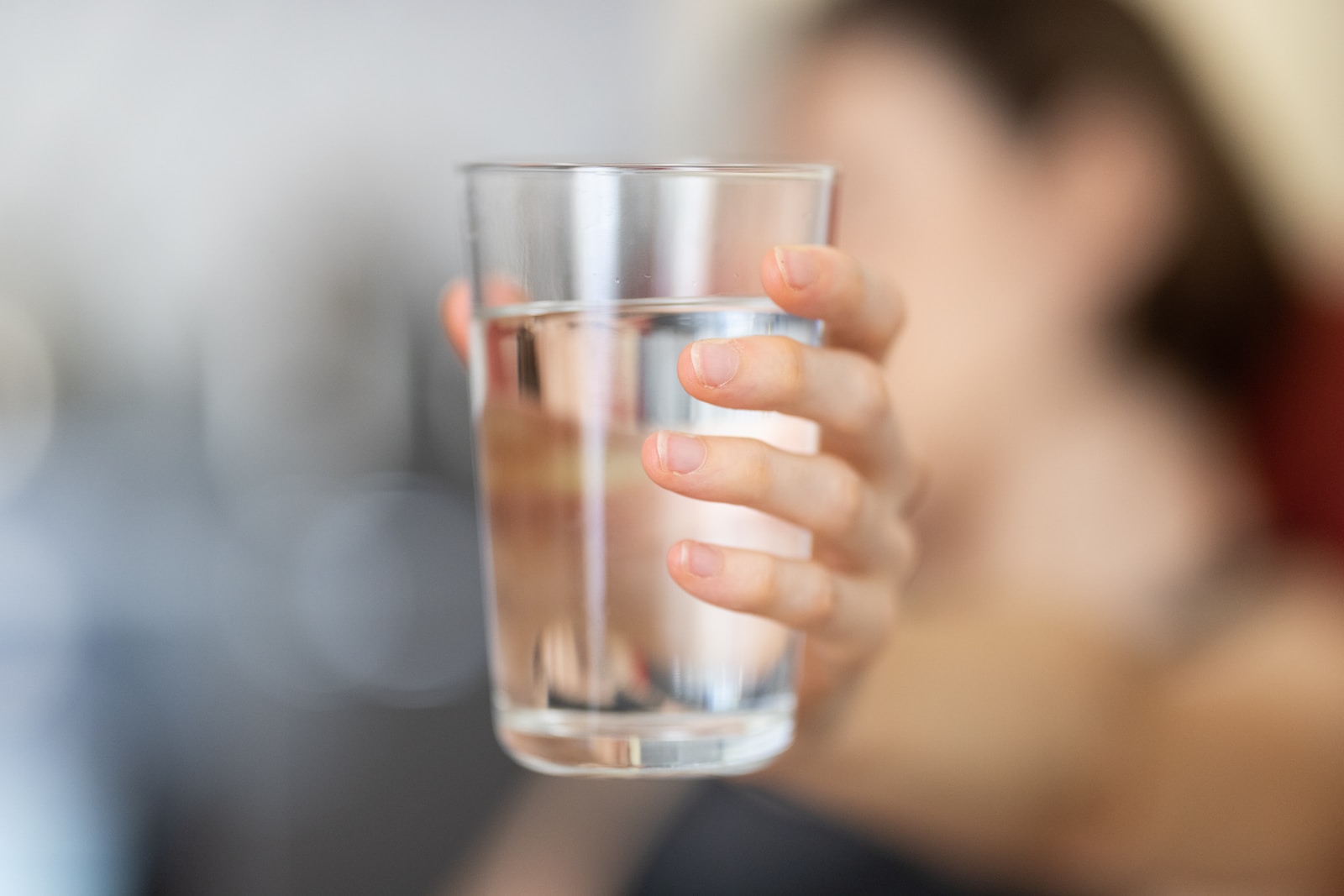
Myth 10: If you have diarrhea, you should eat lots of fruit
Not true! Raw food can cause gas and fermentation, even in healthy people. Therefore, if you already have diarrhoea, it is better to prepare fruit in advance because it contains less acid after cooking and is easier to digest. In principle, you should avoid fruit after 4 p.m. even if you have no particular complaints.
Myth 11: Sauerkraut is good for the gut
That’s right! Fermented canned white cabbage provides normal digestion. The lactic acid bacteria it contains create a healthy environment resistant to pathogens. However, sauerkraut should not be canned after heat treatment, as heat causes the lactic acid bacteria to die.
Myth 12: flatulence is hereditary
It’s partly true! Flatulence can be caused by an enzyme disease, such as lactose intolerance. But legumes, such as beans, cabbage, onions, and garlic, contribute to gas production. Lack of exercise or pregnancy can also cause flatulence. Changing your diet to well-tolerated foods, drinking less beer and training, and, if necessary, changing your eating habits can provide relief. In this case, a healthy diet and strengthening of the intestinal flora become especially important.
Myth 13: Constipation causes hemorrhoids
Only in part! In the case of constipation, an unhealthy low-fibre diet, and lack of exercise, blood retention causes the arterial and venous vessels of the anus to enlarge. It is usually noticed by anal itching and the appearance of bright red bleeding during defecation.
What harms the gut
The following food habits and lifestyle aspects should be limited or completely taboo:
- Coffee: contains acids, oils and flavorings. The caffeine contained has a diuretic effect and stimulates not only the blood circulation but also the intestines. Excessive consumption can also damage the mucous membrane of the stomach.
- Smoking: Consumption of cigarettes damages the mucous membranes of the digestive tract. Smoking delays digestion, causes heartburn and gastritis (inflammation of the gastric mucosa).
- Alcohol: promotes the production of gastric juice, and may also cause heartburn and contribute to colon cancer.
- Spicy spices: they excessively stimulate saliva outflow and gastric juice production and may cause heartburn and reflux.
- Certain medicines: can damage mucous membranes. For example, rheumatic drugs or acetylsalicylic acid can cause bleeding in the stomach, and taking antibiotics destroys the intestinal flora. Gastric acid inhibitors are also suspected of disabling the natural protective barrier caused by stomach acid, and thus are more likely to harm than help.
- Lack of physical activity: Too little exercise and prolonged sitting lead to constipation because food is transported more slowly.
Sources
- https://health.clevelandclinic.org/9-amazing-weird-facts-gut/
- https://www.healthline.com/health/digestive-health/things-your-gut-wants-you-to-know
- https://www.kelloggs.co.uk/en_GB/nutrition/benefits-of-fibre/facts-about-our-gut.html
- https://www.nccih.nih.gov/news/events/4-fast-facts-about-the-gutbrain-connection
- https://atlasbiomed.com/blog/common-gut-health-myths-debunked/
